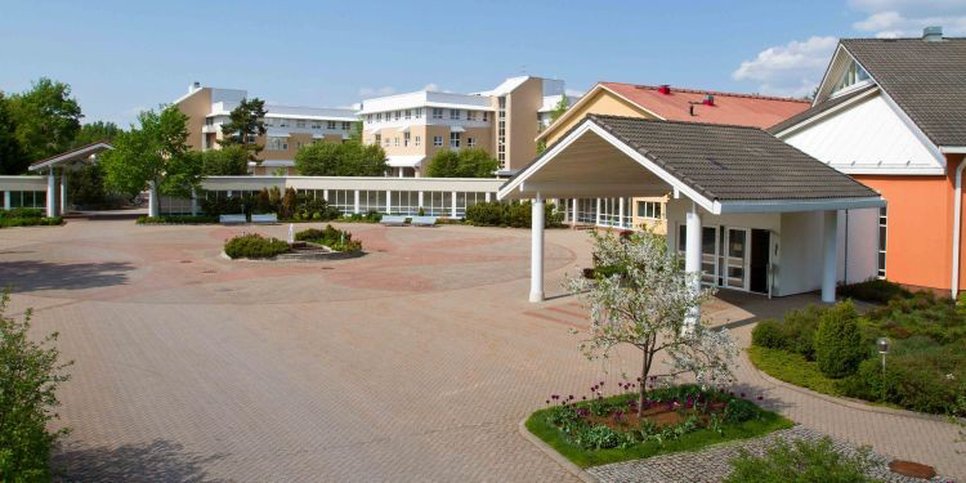Photo: liturgical complex in the village of Solnechnoye (St. Petersburg)
Photo: liturgical complex in the village of Solnechnoye (St. Petersburg)
Russia rejects Jehovah's Witnesses' claims for compensation before the ECHR
Moscow, FranceIn connection with the ban on activities and the seizure of property, Jehovah's Witnesses filed 2 complaints with the European Court of Human Rights with a total amount of compensation claims of more than 6 billion rubles (79,215,679 euros). In its response sent to the court on 7 December 2018, the Russian Federation rejected all material claims.
The amount consists mainly of the cost of worship buildings turned into state income (believers emphasize that their main demand is not money, but the return of real estate). Thus, a large worship complex in the village of Solnechnoye (St. Petersburg) worth about 2 billion rubles was taken away from believers. Russia turned it into its property, but denies it before the ECHR. How is that possible?
Deputy Minister of Justice of the Russian Federation Mikhail Galperin wrote to the European Court: "All the listed property at the time of the liquidation of the organization did not belong to the Administrative Center of Jehovah's Witnesses in Russia. In particular, according to a certificate from Rosreestr, the real estate listed in paragraph 1 of Appendix 18 belongs to the Watch Tower, Bibles and Tracts Society of Pennsylvania, an organization that is not a complainant to the European Court. Accordingly, the complaint of the "Administrative Center of Jehovah's Witnesses in Russia" in relation to real estate at 6 Srednaya Street in Solnechnoye, St. Petersburg, is not substantiated and is not subject to satisfaction by the court" (paragraph 8 of the Notes).
The position of the Russian authorities in the international court comes into striking conflict with their own position - but in the domestic Russian court. In December 2017, the state appealed to a domestic Russian court, arguing that the Watch Tower Society did not actually own the worship complex, and that the transfer of ownership from the "Administrative Center of Jehovah's Witnesses in Russia" to it in 2000 was a sham. The court's decision of December 7, 2017 says: "The court found that the direct transfer by the donor of the thing into the possession, use and disposal of the donee did not take place, the transactions were not actually executed." As a result, the court declared the 17-year-old transaction null and void, and the complex was subject to seizure to the state, as if it still belonged to the "Administrative Center". (Earlier, during the hearing in the Supreme Court of the Russian Federation, the Watch Tower Society petitioned to intervene in the case due to the fact that its interests could be affected by the court decision, informed the court about the property available on the territory of Russia, filed a private complaint against the refusal to involve in the case, and even an appeal against the court decision, but to no avail.)
"The tricks of the Ministry of Justice look unconvincing," said Yaroslav Sivulsky of the European Association of Jehovah's Witnesses. It is sad to realize that Russia "for export" is so different from Russia for its own citizens.
After Russia had submitted all its observations, the complaints were referred to the court. The ECHR said it would consider them as a matter of priority. A ruling is awaited.
